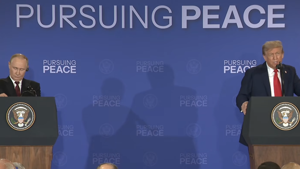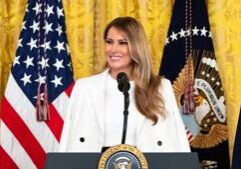
Trump signs executive order to improve foster care
In line with First Lady Melania Trump’s efforts to improve the foster care system, the president signed an executive order Thursday to better support foster children, those aging out of the system, caseworkers and foster families.
The first lady said she began working on a concept specifically for older foster children exiting the system that was included in Thursday’s executive order in 2021.
“I developed an idea to establish an impactful platform with an important mission,” Trump said, “to provide individuals from the foster care community the ability to secure an entry level job position and in turn, financial independence.”
The order establishes a “Fostering the Future” initiative to develop partnerships between the government and leading private sector organizations, schools and colleges, and non-profits to help children aging out of foster care create a life they want – whether by pursuing a degree or entering the workforce. It also “increases flexibility in Education and Training Vouchers for short-term, career-focused programs and facilitates tax-credit scholarships for foster children,” according to a White House summary.
“Each year, more than 15,000 young people age out of the foster care system and unfortunately, too many struggle to become self-sufficient,” said President Donald Trump. “The order I will sign in a few moments will provide vital new resources to help young people transition out of the foster care system and live a very happy and a very successful life.”
The order also includes directives to improve states’ child welfare data, both its collection and accessibility. The Department of Health and Human Services is to update its policies on data collection and publication, ensuring the data most pertinent to children’s safety is captured and available to those who need it. The order also calls for the “modernization” of the child welfare system, encouraging the use of technology – including artificial intelligence – all throughout the system for things like “[increasing] caregiver recruitment and retention rates, [improving] caregiver and child matching,” and maximizing the use of federal funding.
Programs are to be evaluated annually for their progress on key metrics like reducing “unnecessary entries into foster care, [decreasing] the time between reports of child maltreatment and investigations,” and reducing “child injuries… caused by caregiver neglect and abuse.”
Finally, the order directs the HHS secretary to work with the White House Faith Office to strengthen the relationships between faith-based organizations and the foster system, as well as address state and local policies that disqualify otherwise qualified caregivers based on their religious beliefs or moral convictions.
Latest News Stories
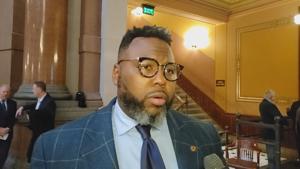
Chicago posts fewest homicides since 2016, arrests rate also declines

Illinois quick hits: Prosecutors charge two more in Tren de Aragua case; Senate Energy and Public Utilities Committee meets today; Illinois Little League team loses in World Series
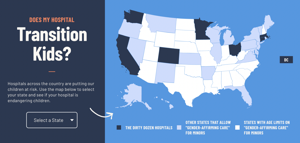
Report: Human Rights Campaign pressures transgender procedures on minors

Everyday Economics: Housing market and Fed policy in focus in the week ahead
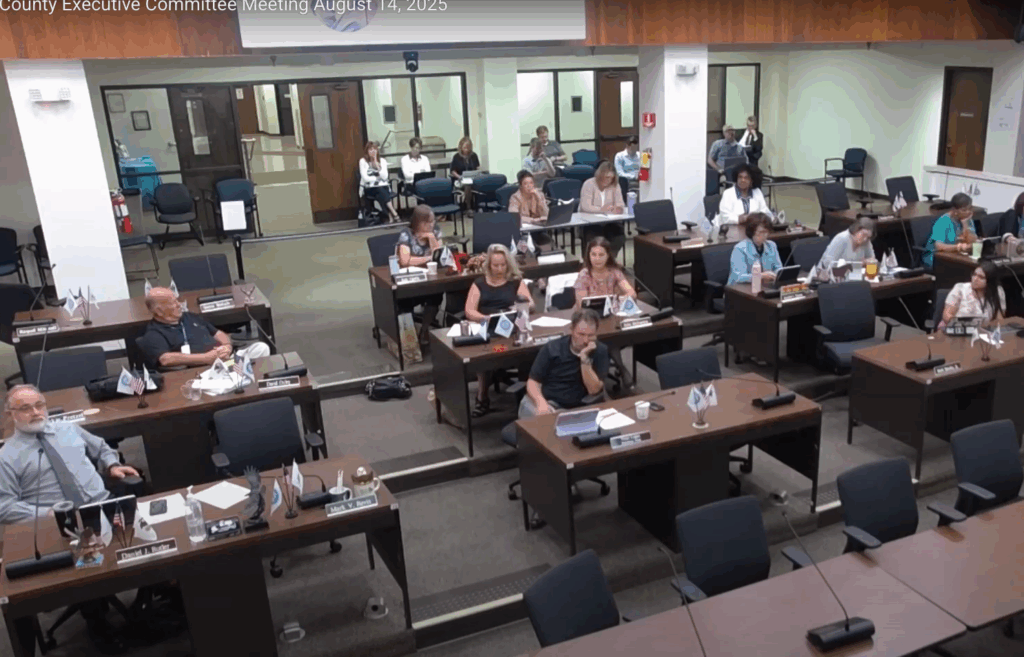
Executive Committee Considers $12,000 Strategic Planning Initiative with University of St. Francis

Businesses brace for new tax challenges amid global tariff focus

Illinois takes over health insurance marketplace in 2026 amid skepticism
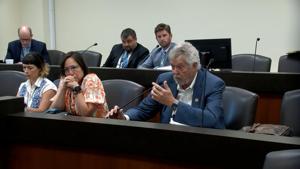
WATCH: IL state reps challenge IEMA-OHS responses to local agencies
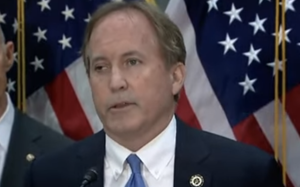
Judge expands restraining order against ‘Beto’ O’Rourke, adds ActBlue
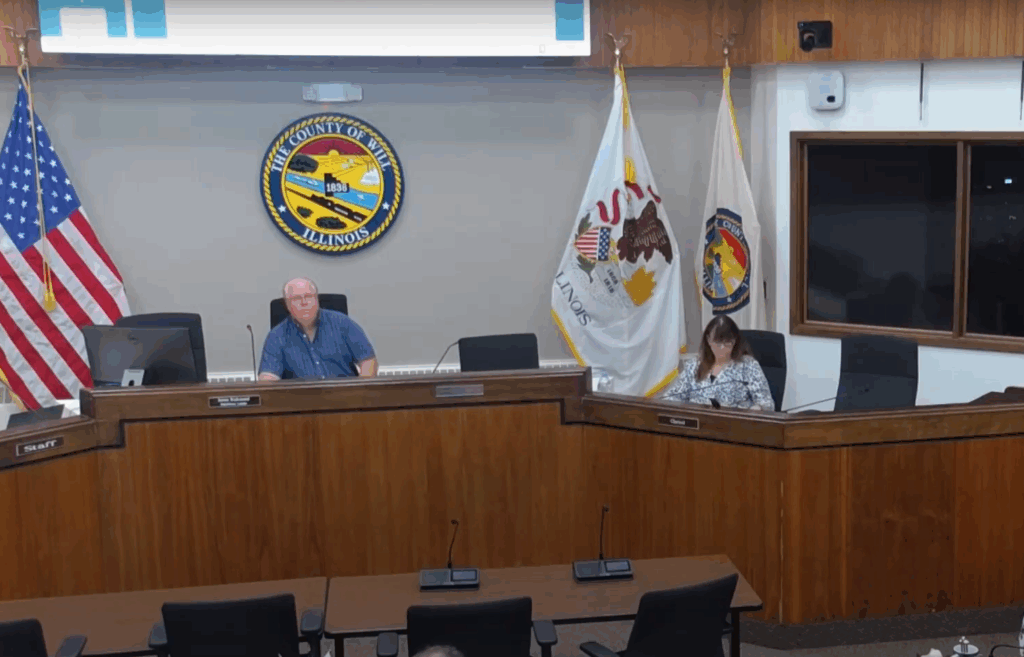
Executive Committee Members Decry Roadside Litter, Call for Action Against Garbage Haulers
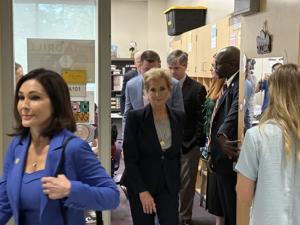
Reversing Biden’s precedent, students complete FAFSA in minutes at beta-testing event
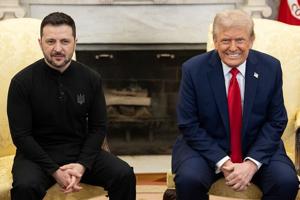
Trump, Zelenskyy to meet Monday in steps toward peace with Russia
